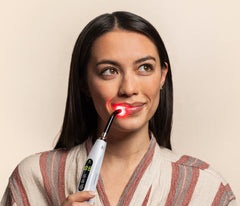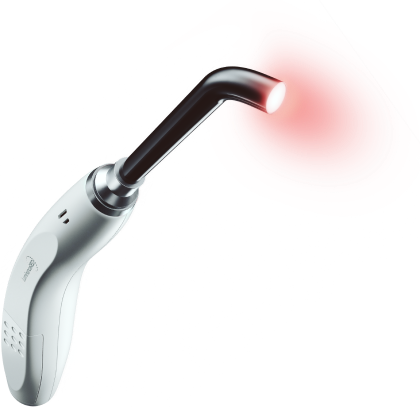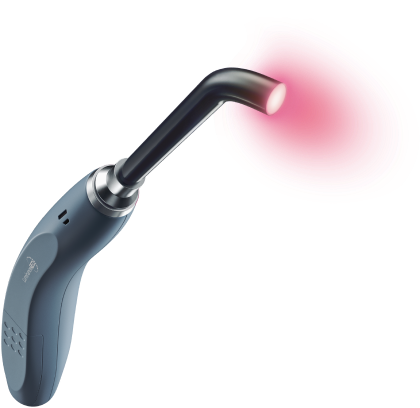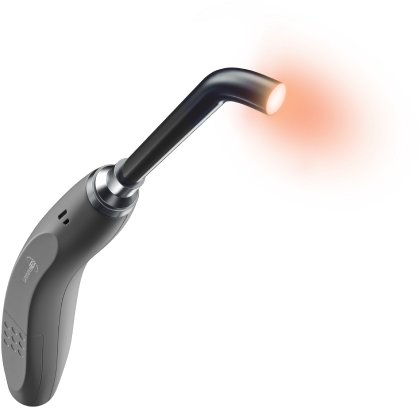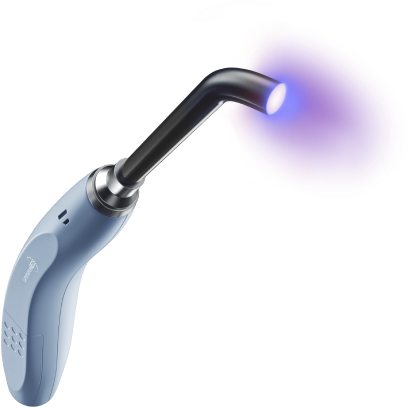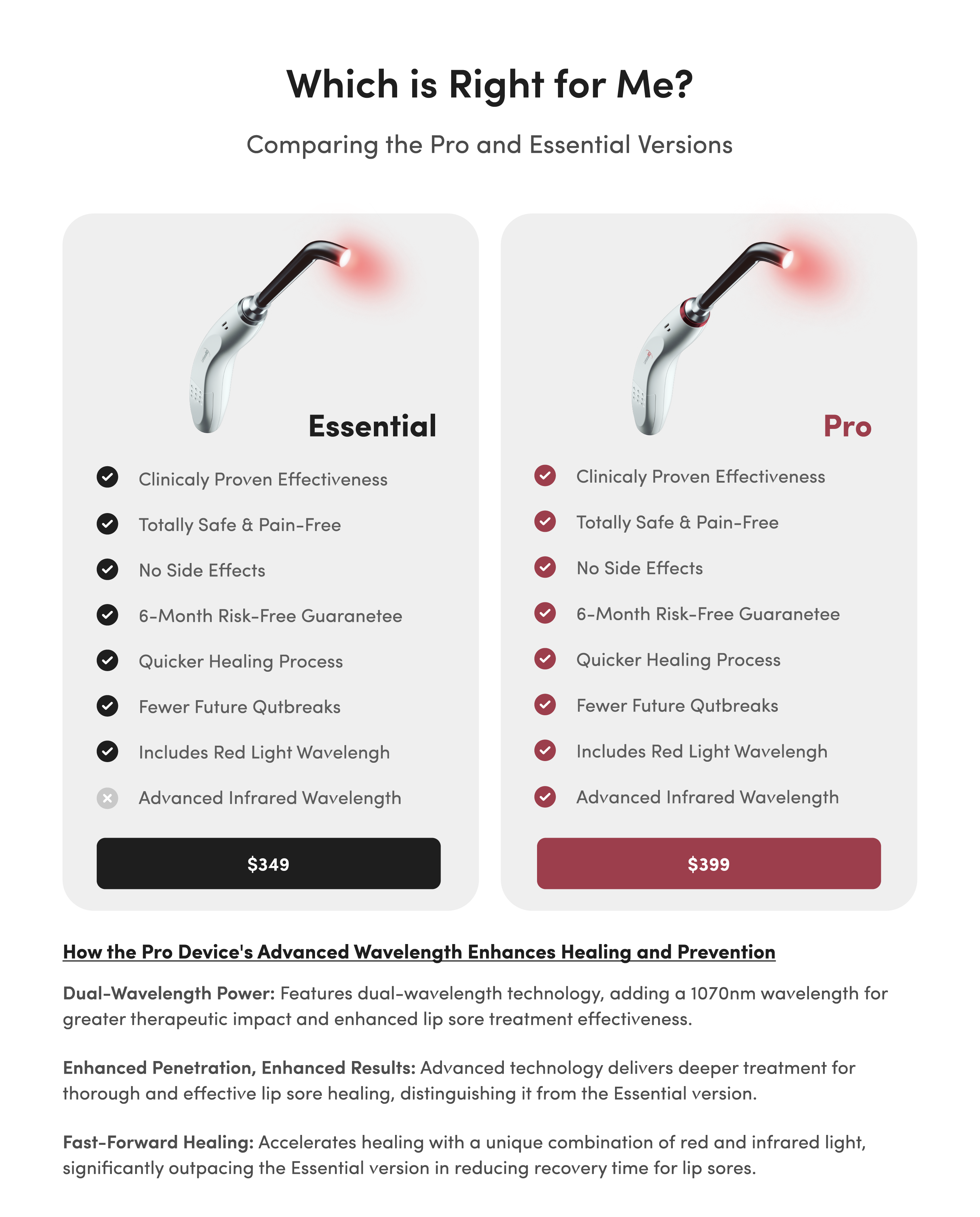How to Reduce Cold Sore Swelling and Inflammation: The Complete Guide
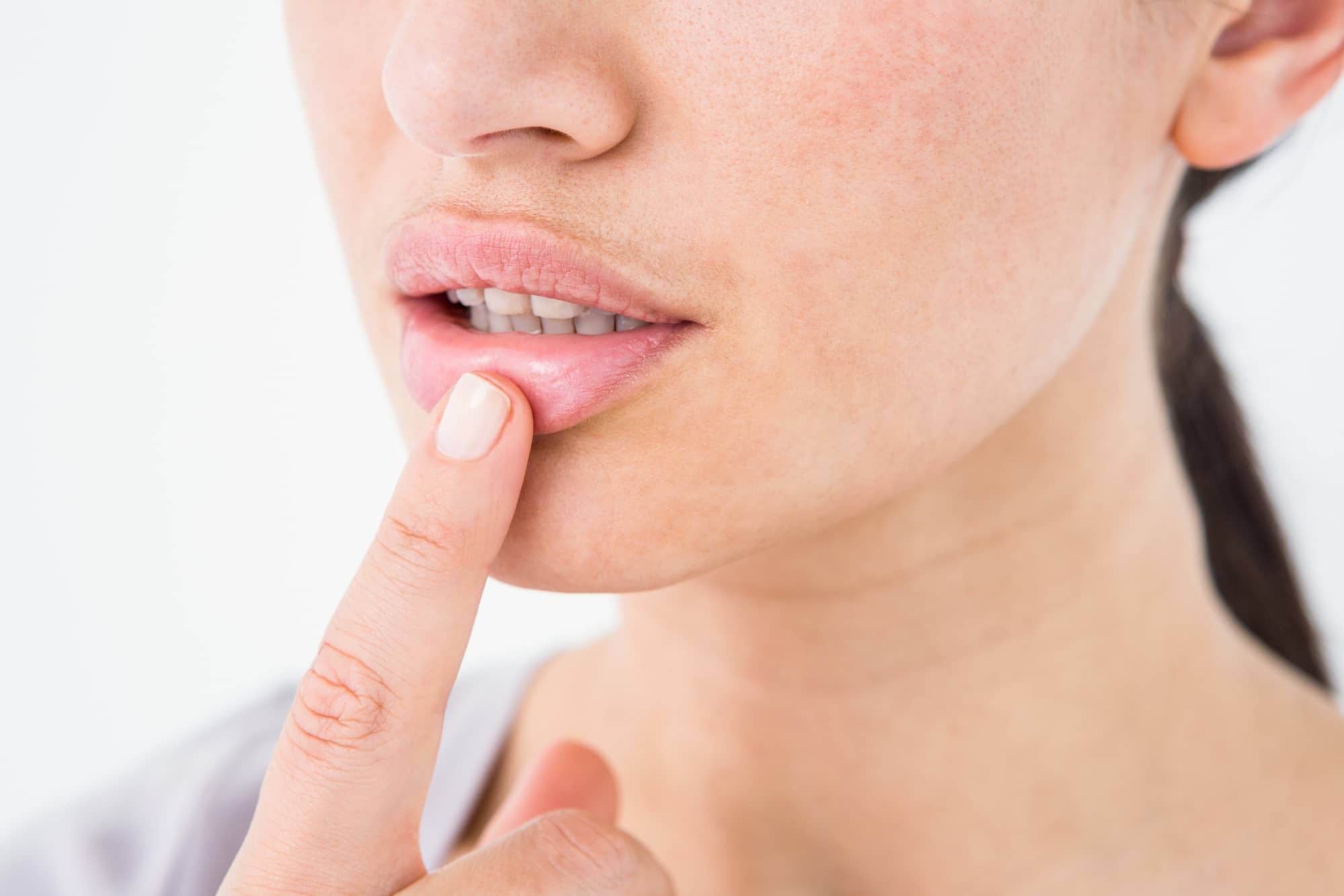
Nobody enjoys getting cold sores, but upwards of half of all American adults deal with these unpleasant blisters on a regular basis. If you’re familiar with cold sores, you know that inflammation and swelling are inevitable, but why?
Surprisingly, little information is available online to explain why cold sore swelling won’t go down. There's just not much out there on the best methods to reduce cold sore swelling. So let this post be your guide to reduce cold sore swelling and visibility as soon as an oral herpes outbreak happens.
Is Cold Sore Swelling Normal?
Just like the flu causes a fever and allergies cause itchy eyes, cold sores cause swelling and inflammation. It’s a normal and expected side effect of the cold sore life cycle.
Why Do Cold Sores Cause Swelling?
Remember, cold sores aren’t just pimples. They are fluid-filled blisters that appear on the lips and around the mouth.
The first sign of a cold sore is a tingling or burning sensation on the skin around your mouth. It occurs about a day before your cold sore emerges as a signal that the HSV-1 virus has been activated and is traveling through your nerves to your lips.
After that, the life of a cold sore is fairly predictable:
- -The area becomes red, painful, and swollen while the blisters form
- -Cold sore blisters rupture and ooze fluid over the span of two to three days
- -Blisters crust and scab over, posing cracking or bleeding as they heal
- -Cold sore scabs fall off
Cold sores cause so much disruption to healthy skin tissue that swelling and inflammation become inevitable. Inflammation is your body’s natural response to a foreign intruder like the herpes virus. It’s your immune system’s way of responding to damaged tissue and initiating the healing process.
What Else Could Be Causing Your Lip to Swell?
If you wake up with a swollen lip but no other cold sore symptoms in sight, your inflammation could be the result of a different trigger.
It’s possible to hit the pillows feeling fine but wake up to painful lip swelling, especially if one of these factors is the cause:
- -Allergic reaction to food, medications, or an insect bite
- -Pimples from cystic acne
- -Muscle strain that impacts the lips
- -Recent dental work or infection
- -Injury
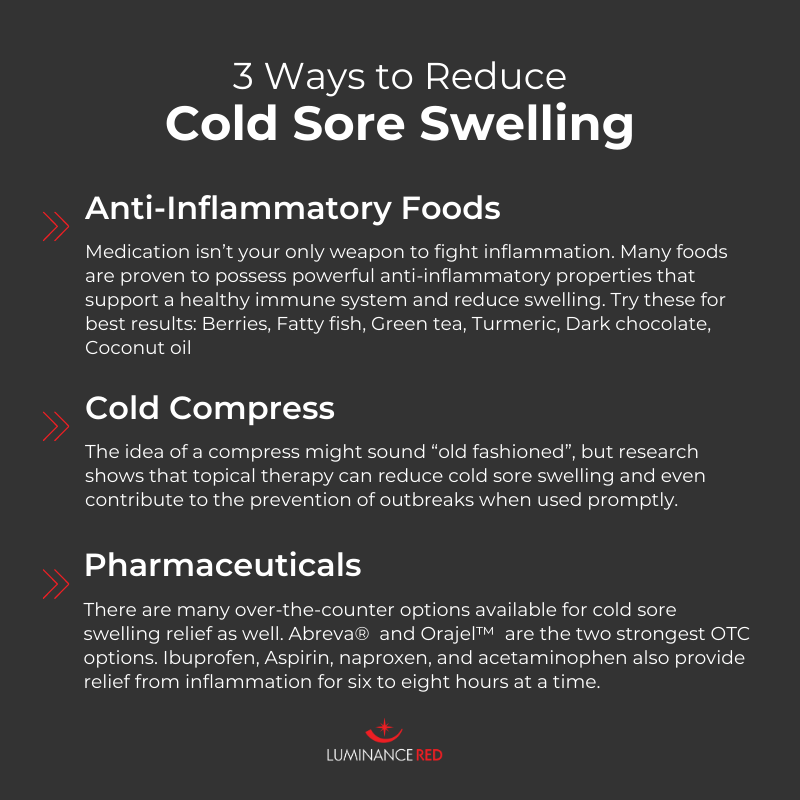
Why Did My Cold Sore Make My Lip Swell?
Though cold sore swelling begins as a healthy and natural healing response, it commonly becomes exacerbated by other factors, including:
- -Popping cold sore blisters too soon
- -Not keeping cold sores dry
- -Picking cold sore scabs
- -Waiting too long to begin treatment
- -Other triggers that cause and irritate cold sore outbreaks
How to Reduce Cold Sore Swelling
Even though cold sore swelling is common and frustrating, you can take action to reduce inflammation and feel more comfortable through the duration of each outbreak.
Anti-Inflammatory Foods
Medication isn’t your only weapon to fight inflammation. Many foods are proven to possess powerful anti-inflammatory properties that support a healthy immune system and reduce swelling.
Try these for best results:
- -Berries
- -Fatty fish
- -Green tea
- -Turmeric
- -Dark chocolate
- -Coconut oil (which is also a helpful cold sore remedy)
On the flip side, certain foods actually trigger inflammation and make it much harder for your body to reduce swelling on its own. Avoid these culprits to prevent excessive inflammation during cold sore outbreaks:
- -High-sugar treats
- -Refined grains
- -Heavily processed foods
- -Synthetic ingredients
- -Acidic juices and sodas
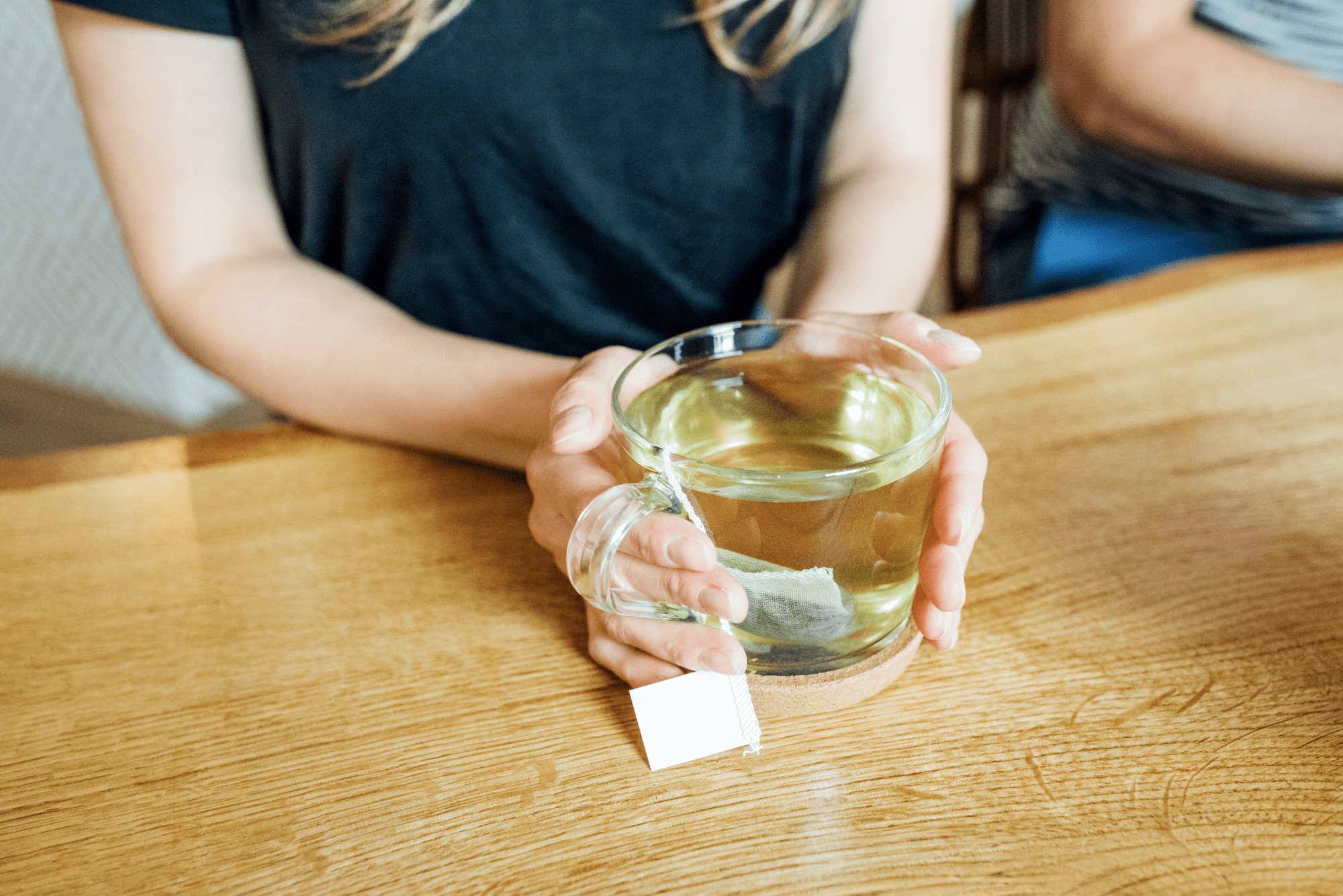
Cold Compress for Cold Sore Swelling
Cold compresses are among the simplest natural treatments for the herpes simplex virus. The idea of a compress might sound “old fashioned”, but research shows that topical therapy can reduce cold sore swelling and even contribute to the prevention of outbreaks when used promptly.
Here are a few tried-and-true natural compress ideas to get you started:
- -Cold compress using an ice pack or soft washcloth filled with ice
- -Cornstarch paste
- -Domeboro astringent solution
Pharmaceuticals
There are many over-the-counter options available for cold sore swelling relief as well. Abreva® and Orajel™ are the two strongest OTC options.
Orajel™ provides instant and targeted pain relief in and around the mouth. For herpes simplex cold sores, the Orajel™ Cold Sore formula includes six active ingredients shown to treat the pain, itching, and dryness caused by cold sores. It can be applied up to four times a day to help you stay comfortable through an outbreak.
Abreva® is also an over-the-counter cream used to treat cold sores and fever blisters, but it works differently. Abreva® contains the only non-prescription ingredient approved by the Food and Drug Administration (FDA)
to accelerate the cold sore healing process. This OTC treatment can be used up to five times a day, or as directed by your doctor.
Ibuprofen, Aspirin, naproxen, and acetaminophen also provide relief from inflammation for six to eight hours at a time.
How Long Does Cold Sore Swelling Last?
There’s no way to set a timer on cold sore swelling. The duration of swelling varies from person to person and is influenced by how well you manage your blisters during the outbreak.
Consider these “Do’s” and “Don’ts” of cold sore management to reduce inflammation and recover without delay.
Do These Things
- -Keep the infected area clean and dry
- -Avoid touching sores
- -Wash your hands immediately after any possible contact with sores to prevent the spread of infection
- -Take medication as directed by your healthcare professional
- -Use natural treatments known to reduce discomfort and accelerate healing
- -Use foods and supplements known to strengthen your immune system
Don’t Do These Things!
- -DON’T pick at sores, since this will cause infection
- -DON’T mix medications without your doctor’s approval
- -DON’T make choices that weaken your immune system
When Should You See a Doctor?
If cold sore swelling won’t go down, or if it’s swollen beyond what you’d expect from an outbreak, it may be time to see a doctor.
These symptoms indicate that your swelling may be caused by a more serious issue that requires medical attention:
- -Severe and painful side effects
- -A cold sore that hasn’t healed within 10 days
- -Swollen gums
- -Weakening immune system
Your doctor can use a simple visual exam to diagnose the issue. If they need more information, they may also order a blood test or fluid sample to assess the root cause of your cold sore swelling.
Tired of Dealing with Cold Sores?
The Luminance RED is a breakthrough cold sore treatment that harnesses high-powered light technology to shorten healing time and decrease the frequency of outbreaks.
Thanks to the precise design of the Luminance RED device, every treatment provides the exact medically-optimized wavelength of light necessary to maximize treatment efficiency. Say goodbye to cold sore swelling and inflammation by preventing future cold sore outbreaks with the Luminance RED.







